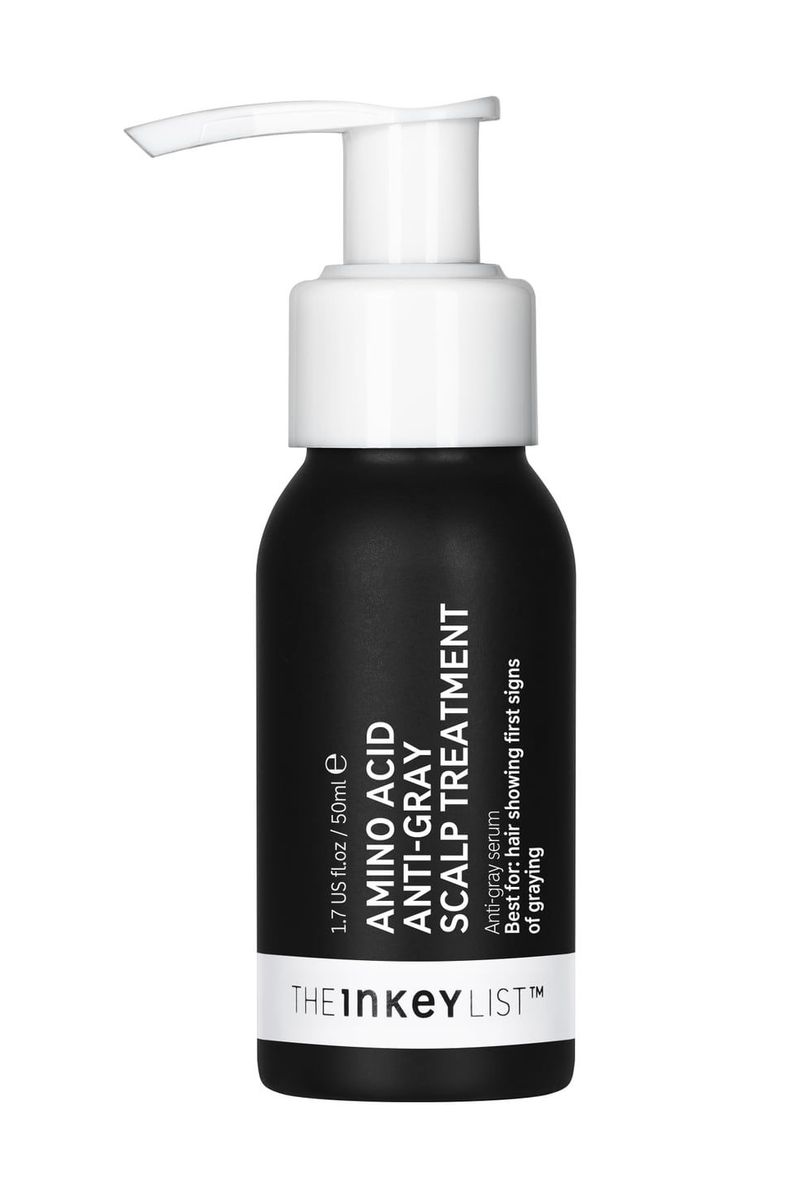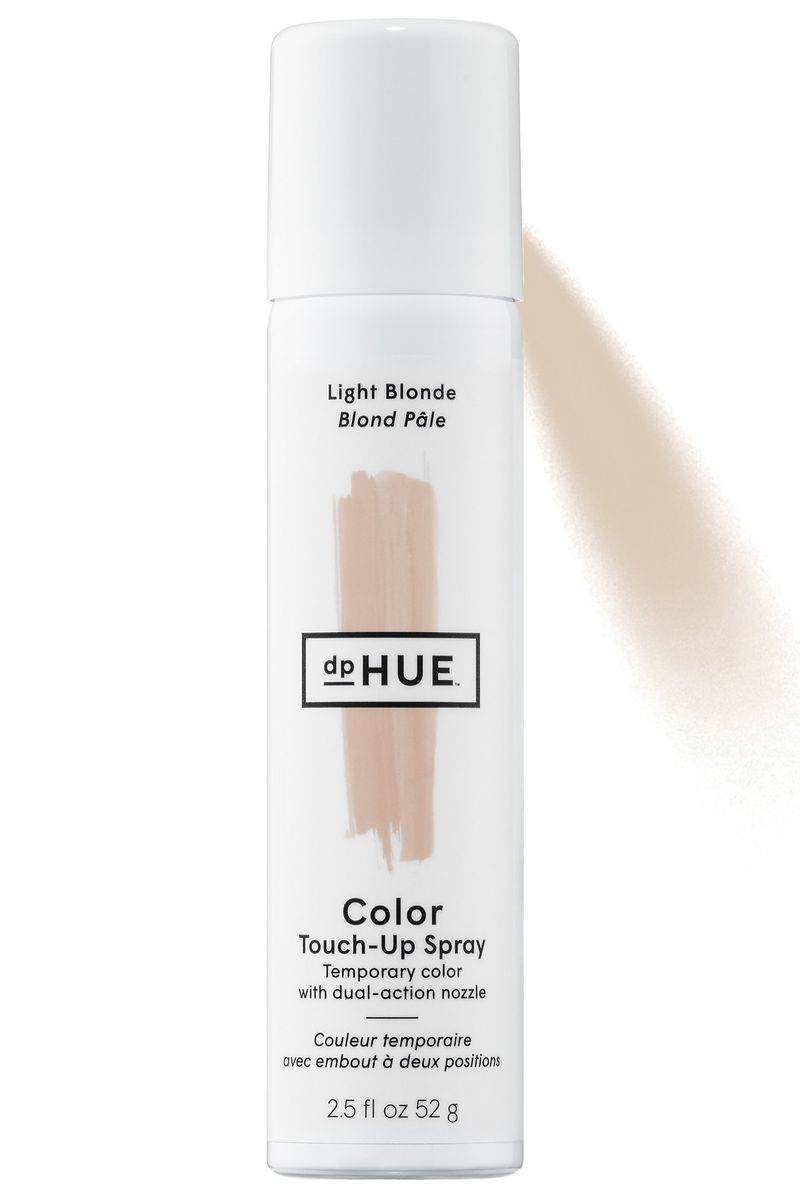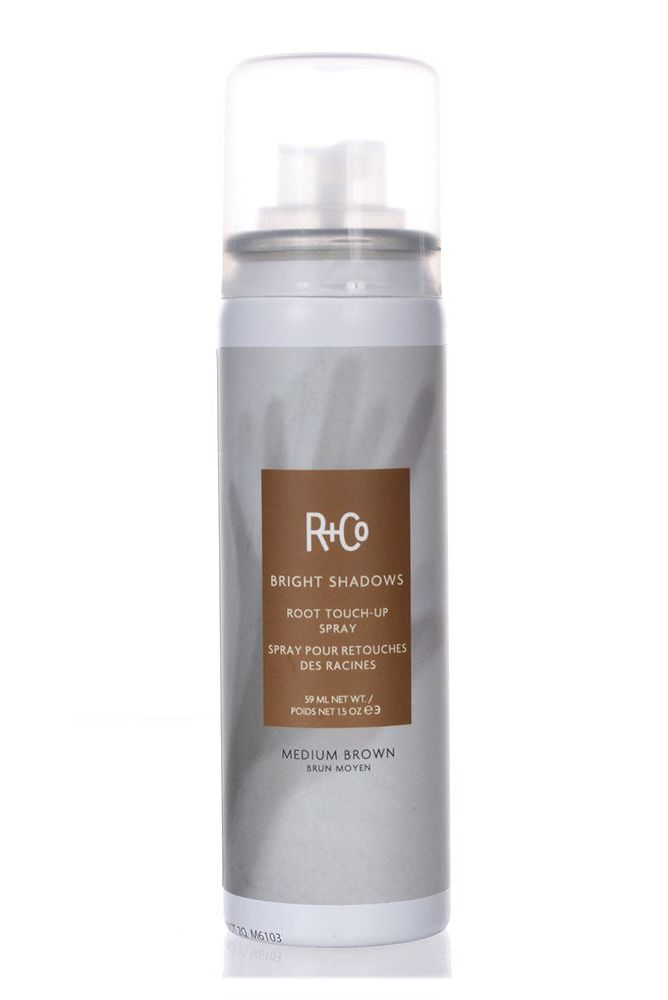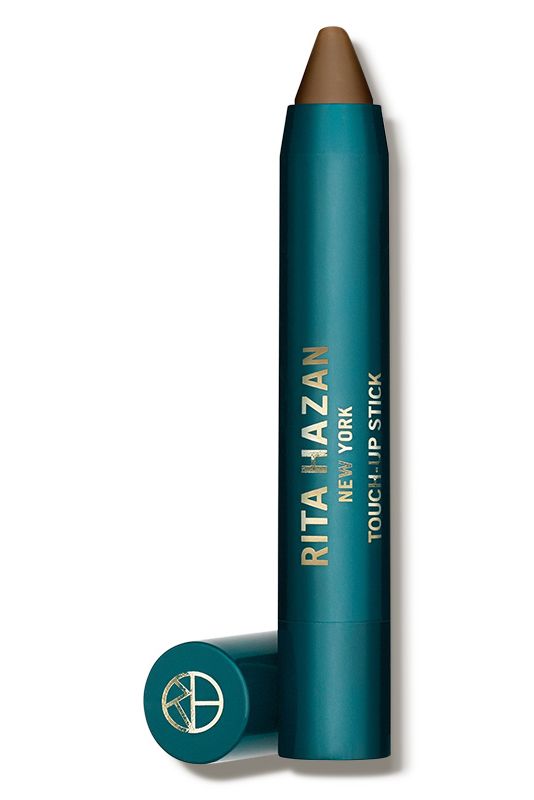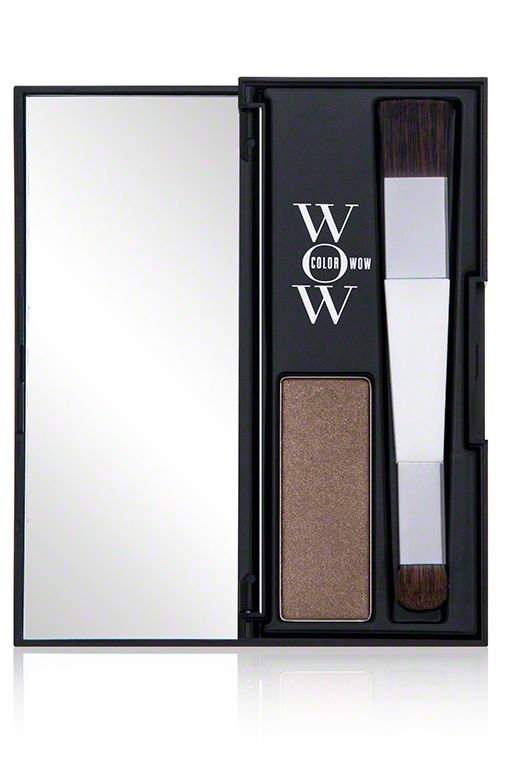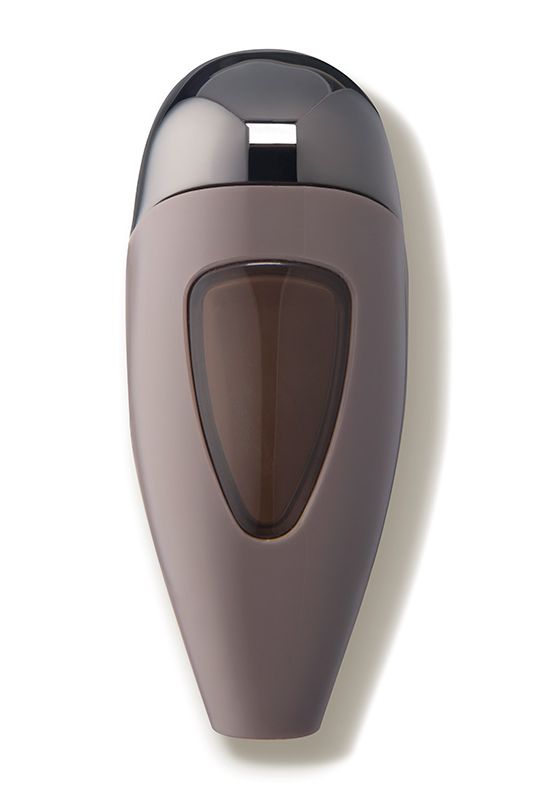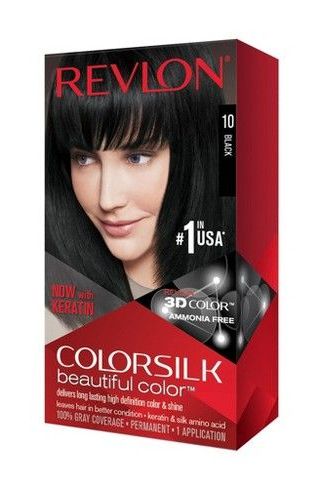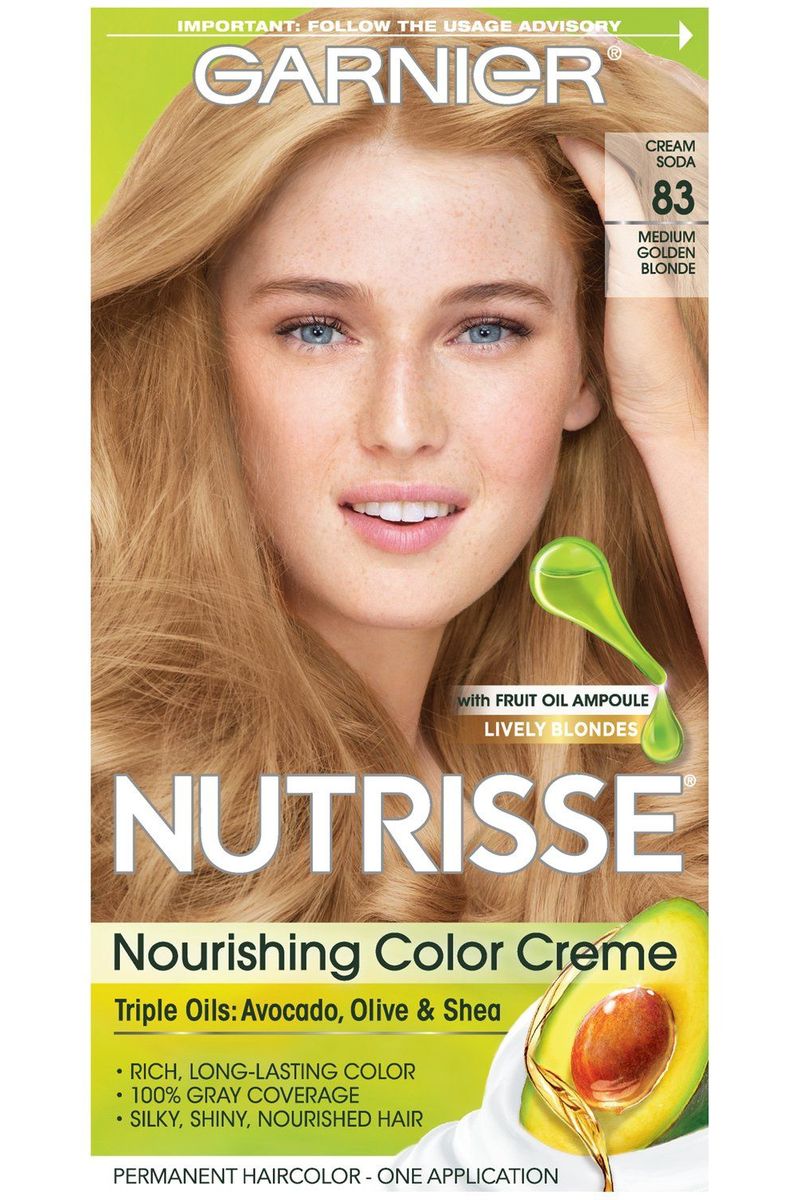Experts Agree: Your Gray Hair Is Nothing to Worry About
But if you do want to cover your grays, you have options.
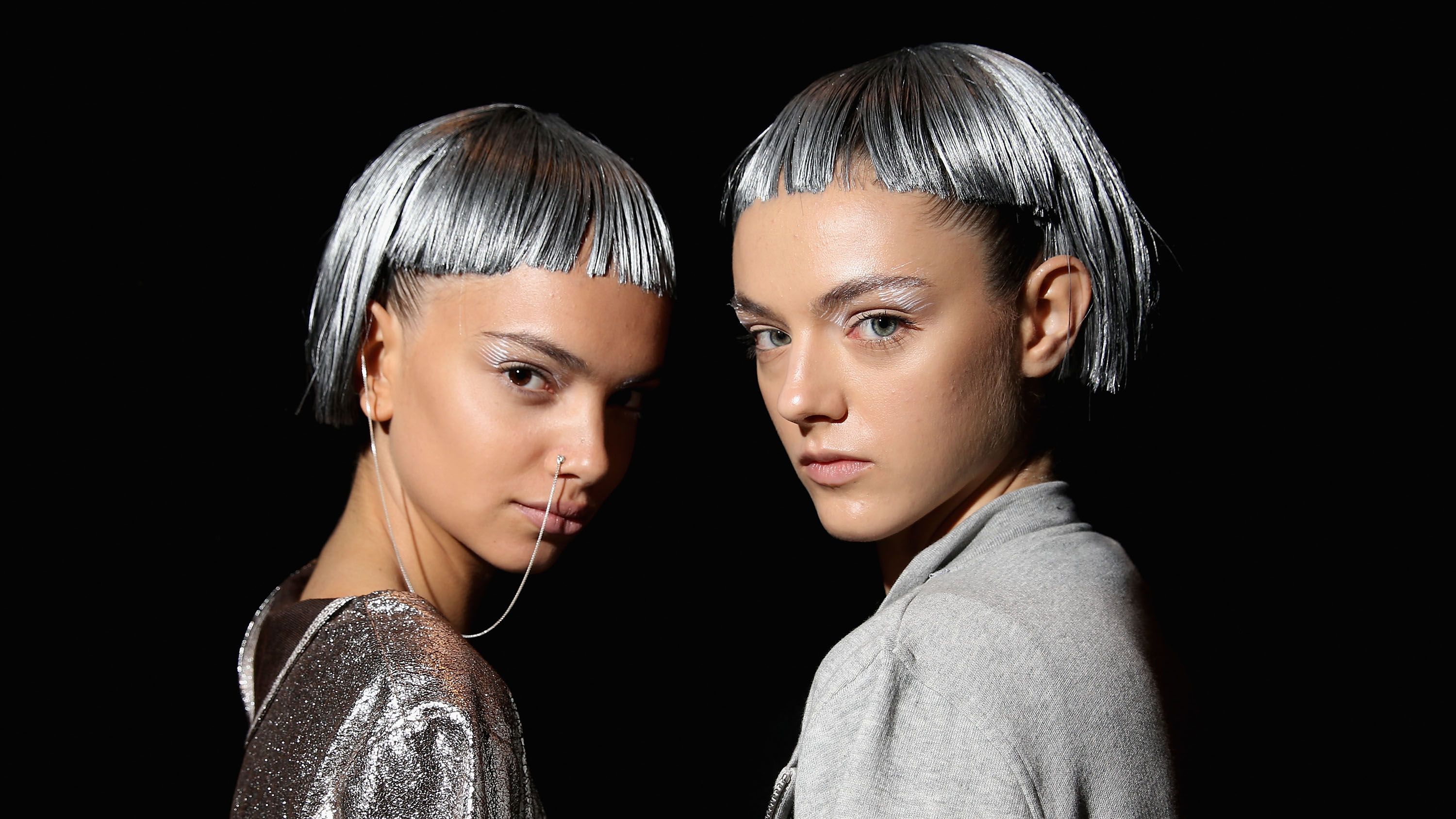
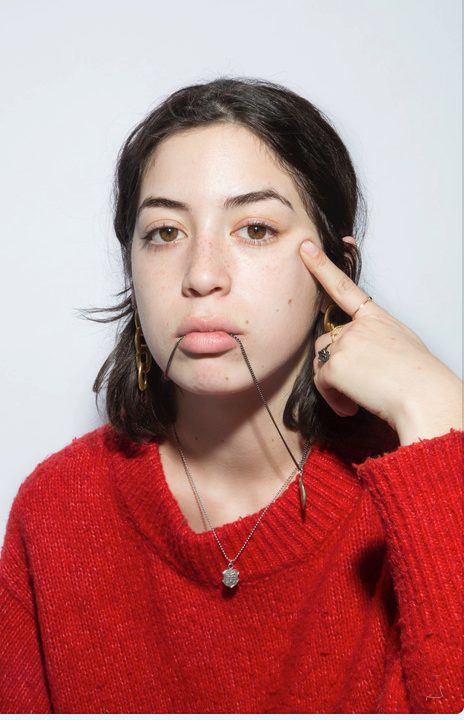
My hair is close to pitch-black, so when I encounter a stray gray hair, it stands out. To be clear: There is absolutely nothing wrong with gray hair. In fact, it's so in style, women are going to the salon to achieve the look with expertly done dye jobs. And personally, I'm quite excited to have a full head of silvery hair. Since I don't think I'll ever be brave enough to opt for a full head of blonde hair, the natural progression into gray might be the closest I'll ever get. There is still so much stigma about women aging, and in all honesty, it can get really obnoxious.
But I'll be honest—when I do spot the odd gray straggler, I get curious. Am I starting to "go gray" at the tender age of 22? Or is this just a silvery anomaly, to be lovingly plucked out and forgotten about? I didn't have the answers myself, so I turned to Gretchen Friese, Certified Trichologist at BosleyMD. The hair doctor herself walked me through the myths and legends about going gray, explained why some people go gray earlier than others, and most importantly, how to embrace it and not freak out.
Why Am I Finding Gray Hairs In My 20s?
If you're looking at gray hairs and feeling panicky, thinking, "But I'm so young!" then allow me to give you someone to point the finger at. "Genetics plays a big role in when and how we go gray," Friese told me. "Usually if one or both parents went gray earlier in life there is a more of a chance that you will." Just another thing to bring up with my therapist. "Your hair follicles have pigment cells that make melanin. Melanin is a chemical that gives your hair its color. As you age, these cells start to die. When there is a lack of pigment, new hair strands grow lighter and eventually turn to shades of gray, silver, and eventually white," Friese explains.
That said: You actually might not be going gray. "When a person is 'going gray' it usually happens in concentrated areas. As opposed to finding the occasional gray hair which can happen at any age." So, if you're starting to see gray strands coming in certain areas of your scalp, feel free to call your parents and yell at them. Or give them a big hug and thank them for saving you money for your next bleaching appointment. What's a double process when it's free?
What Causes Gray Hair?
If your first reaction to finding a gray hair is descending into a full-blown panic, you might want to reconsider your approach. "Manage stress," Friese demands. "Although it has not been 100 percent proven that stress causes hair to gray, we do know that stress can damage important cells throughout the body. Those cells can include the melanin that gives hair its color."
In addition to controlling our anxious thoughts, Friese also recommends taking a holistic approach to our health if we do choose to delay the onset of going gray. "Eating the right nutrients and taking other proactive measures may help preserve existing pigmentation, delaying overall graying," Friese says. Making sure you're getting enough Vitamin B, calcium, copper, iron, protein, vitamin D, and zinc is essential. And finally, "Stop smoking. It’s no secret that smoking is bad for your health. It may even contribute to premature graying, especially before the age of 30."
Probably the healthiest thing you could do when it comes to going gray is to control your emotional response to it. "Other than the psychological impact of premature graying and feeling like someone is getting older faster, it is nothing to be concerned about," Friese tells me. "If someone can mentally embrace it and be grateful for having the hair on their head it would set a healthy mindset. Graying hair does not mean you are 'old'."
Stay In The Know
Get exclusive access to fashion and beauty trends, hot-off-the-press celebrity news, and more.
What Can I Do About Gray Hair?
If you're going gray and aren't emotionally ready for that next adventure, that's fine! There are so many options for disguising gray hairs, and you shouldn't feel pressured to rock the silver look yet if you don't want to. "Hair color is the only way to disguise and cover gray," Friese informs me.
Within that group, there are a ton of choices available. You could opt for an all-over color, but be aware that "this method can create a strong line of demarcation and require more maintenance, depending on the percentage of gray." Another option is highlighting the hair. "Adding lighter or blond pieces will help diffuse the look of gray in the hair and grow out more softly," Friese advises. If you don't want to head to the salon, there are also some temporary spray-on dyes and powders that can be a quick-fix for low-maintenance ladies.
So, whether you want to cover or embrace your grays, here's the bottom line: Going gray is totally natural, and nothing to panic about. Whether you find some grays at 20 or at 80, don't let anyone tell you it's not cute, stylish, or youthful. Go live your best silvery life.
Shop Gray Covering Products
Tatjana Freund is a Beauty Commerce Writer, covering makeup, skincare, and haircare products and trends. She's a fan of vodka tonics and creepy Wikipedia pages.
-
 Palace Employees "Tried" to Get King Charles to "Slow Down"
Palace Employees "Tried" to Get King Charles to "Slow Down""Now he wants to do more and more and more. That's the problem."
By Amy Mackelden Published
-
 The Special Gift Lilibet Received From "Papa" Prince Harry
The Special Gift Lilibet Received From "Papa" Prince Harry"Made with love."
By Amy Mackelden Published
-
 Kendall Jenner Trades Her Coachella Bag for a $5,600 Tote
Kendall Jenner Trades Her Coachella Bag for a $5,600 ToteThe model took her rich-girl aesthetic all the way to the desert.
By Amy Mackelden Published
-
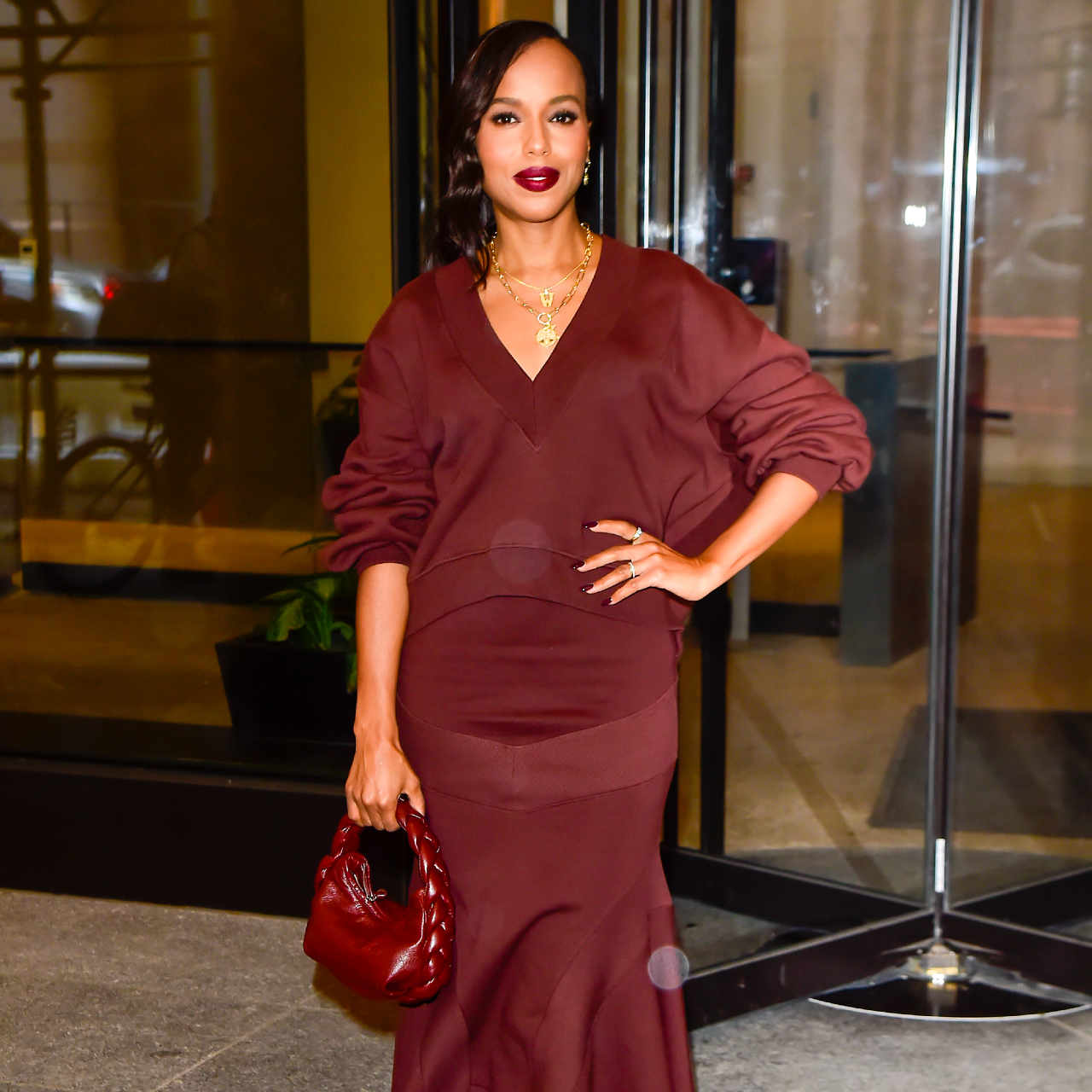 This Summer, My Afro Has One Muse: Kerry Washington
This Summer, My Afro Has One Muse: Kerry WashingtonMy curls understand the assignment.
By Ariel Baker Published
-
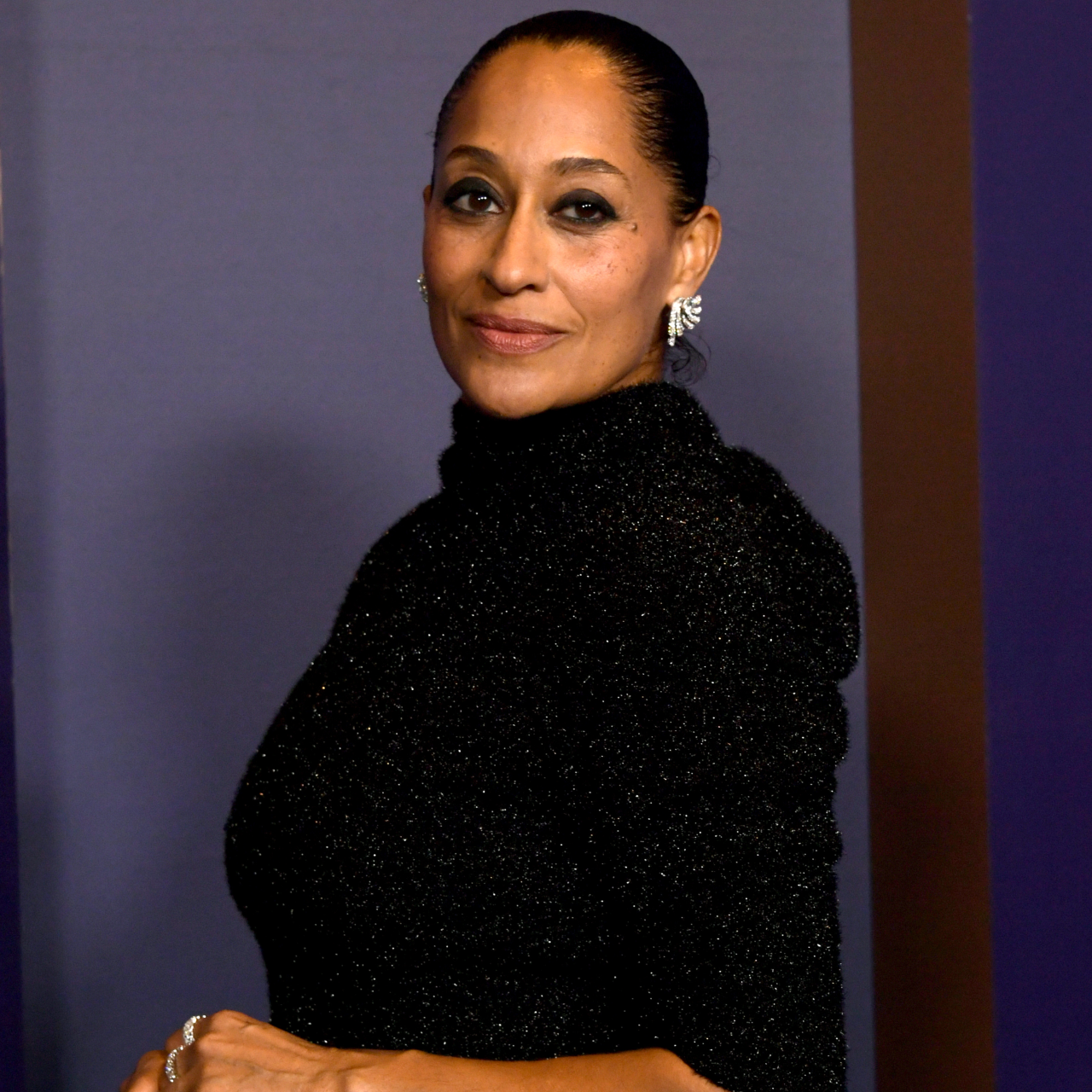 My Blunt Ponytail Obsession Continues Thanks to Tracee Ellis Ross
My Blunt Ponytail Obsession Continues Thanks to Tracee Ellis RossShe's the undisputed queen of the style.
By Ariel Baker Published
-
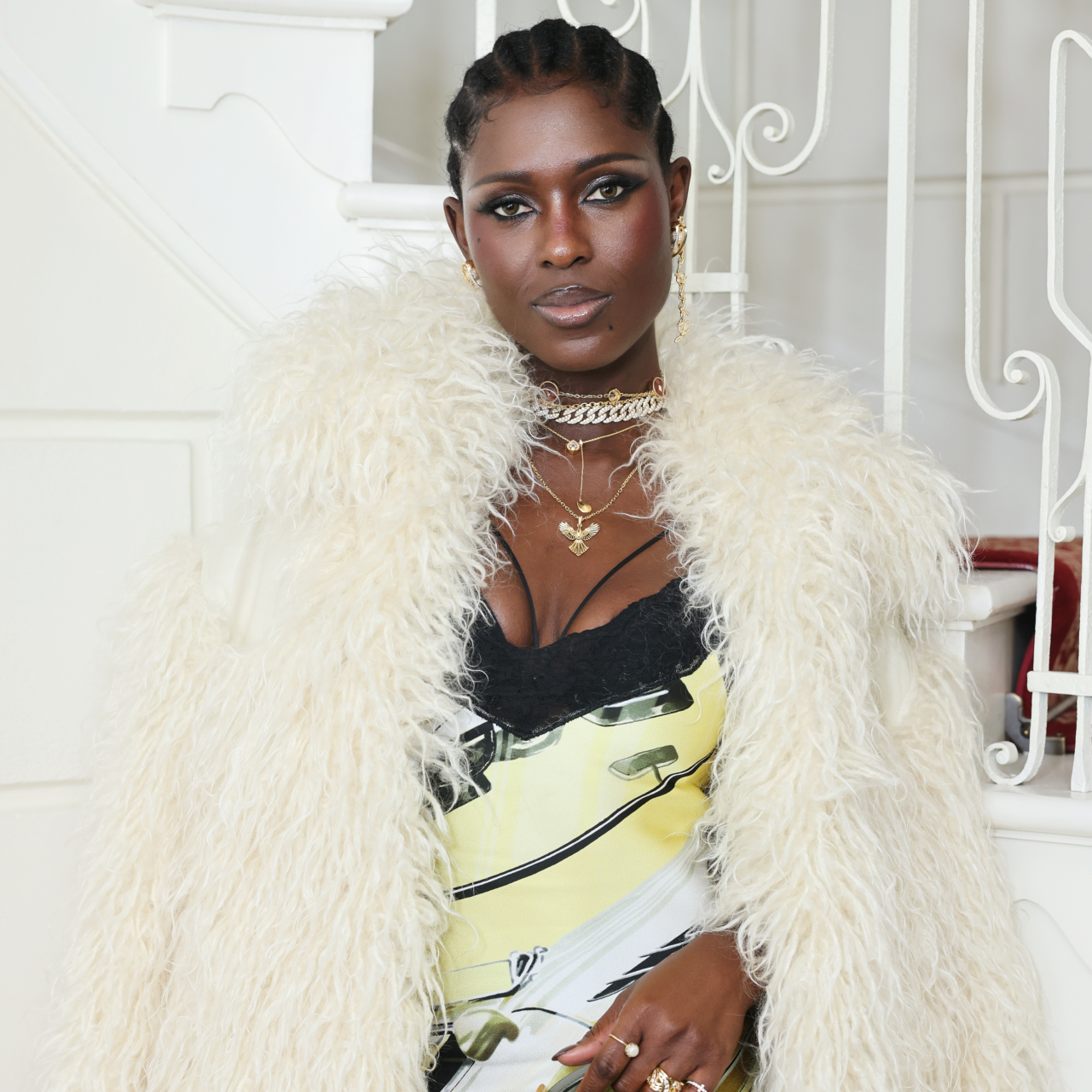 These Goddess Braids Make Jodie Turner-Smith Look Like an Ethereal Fairy
These Goddess Braids Make Jodie Turner-Smith Look Like an Ethereal FairyThe actress revealed stunning goddess braids while promoting her new TV show. See her gorgeous look here.
By Ariel Baker Published
-
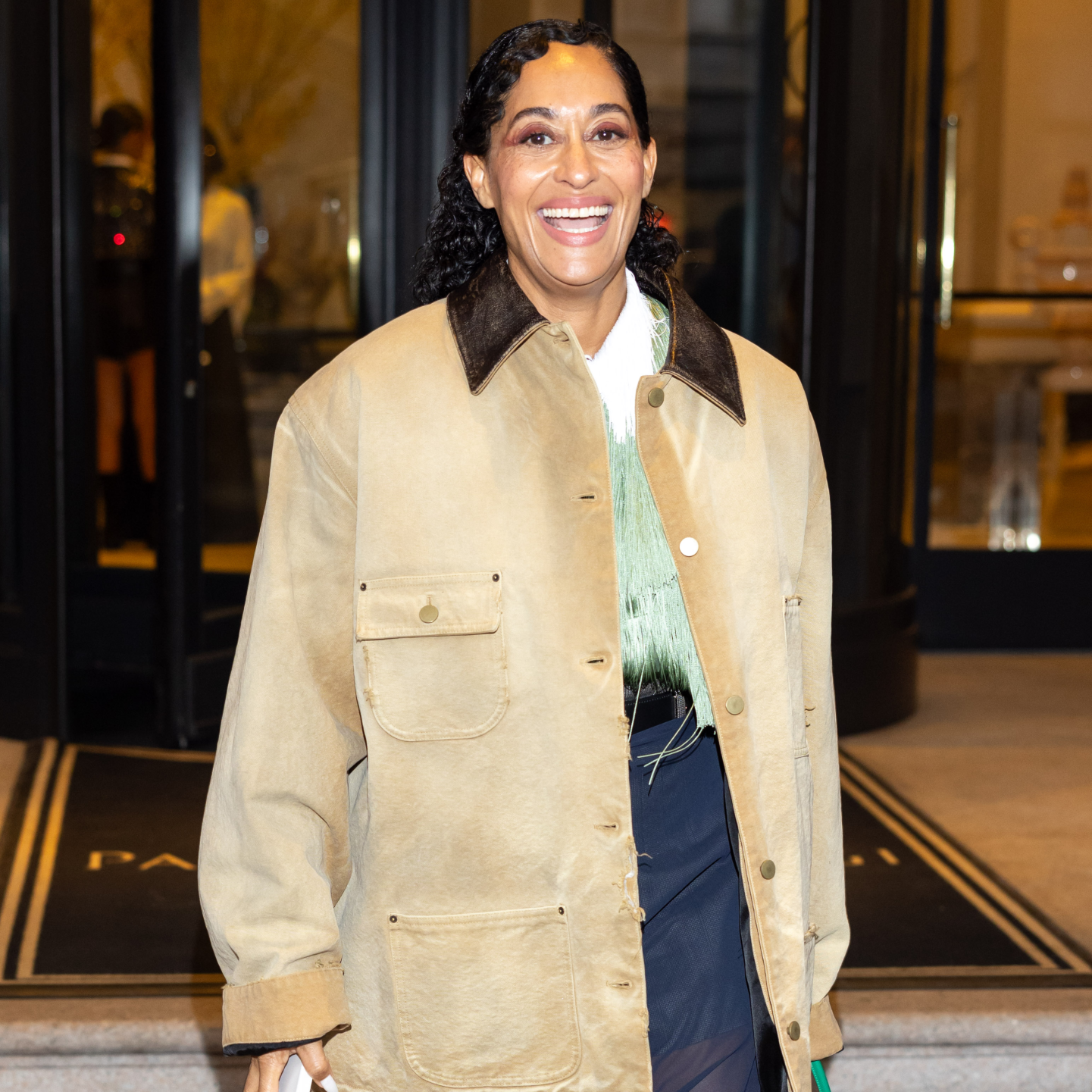 A Slicked-Back Ponytail Is Tracee Ellis Ross’s Go-To Spring Hairstyle, Outshining Her $1,150 Shoes
A Slicked-Back Ponytail Is Tracee Ellis Ross’s Go-To Spring Hairstyle, Outshining Her $1,150 ShoesIt's the official hairstyle for rich girls in-the-know.
By Ariel Baker Published
-
 Demi Moore Ditched Her Long Locks for a New Lob Haircut That Screams Old Money
Demi Moore Ditched Her Long Locks for a New Lob Haircut That Screams Old MoneyThe actress revealed a chop that is old-money coded.
By Ariel Baker Published
-
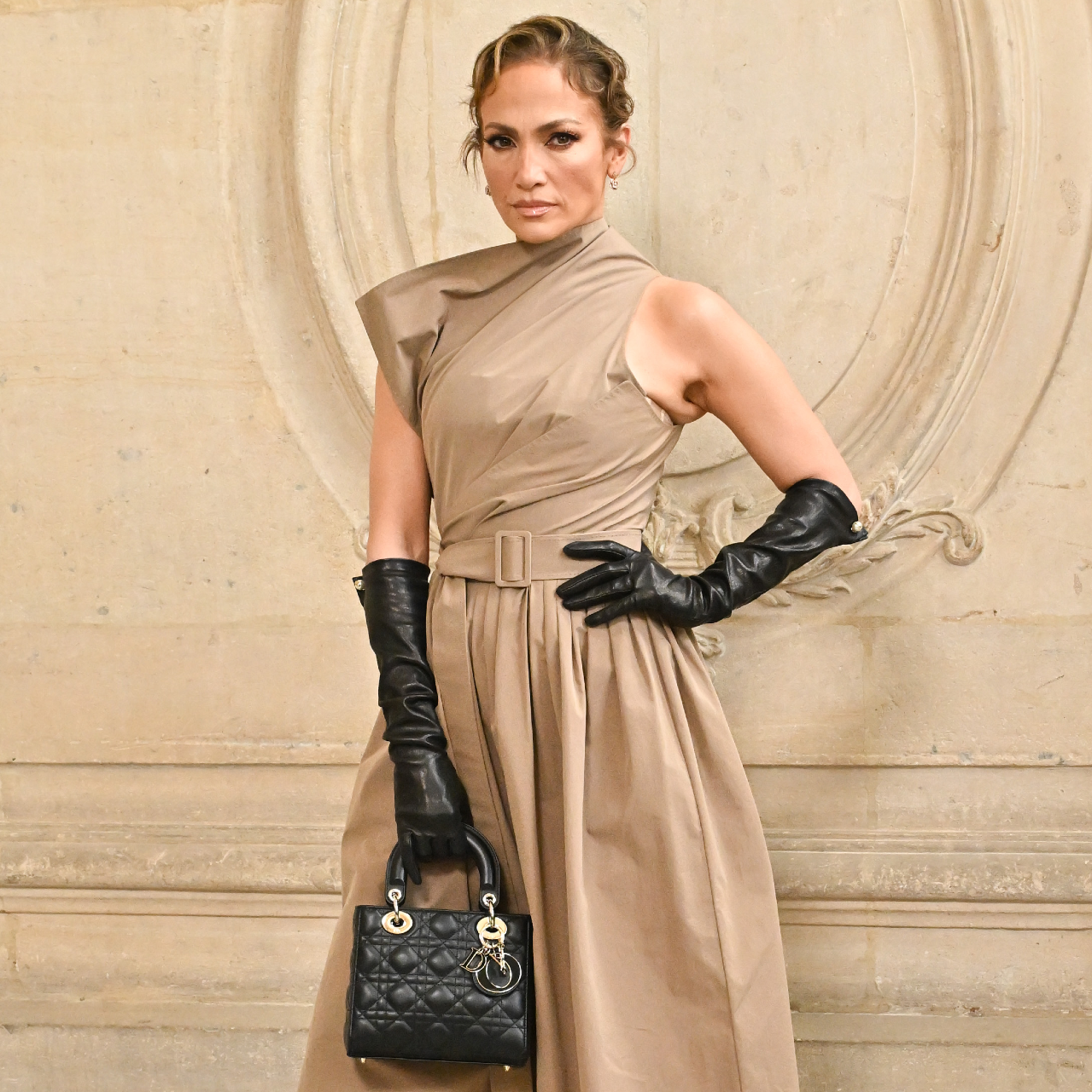 Jennifer Lopez's Broadway Glam Has Cemented Her Angel Status
Jennifer Lopez's Broadway Glam Has Cemented Her Angel StatusFuriously taking notes.
By Ariel Baker Published
-
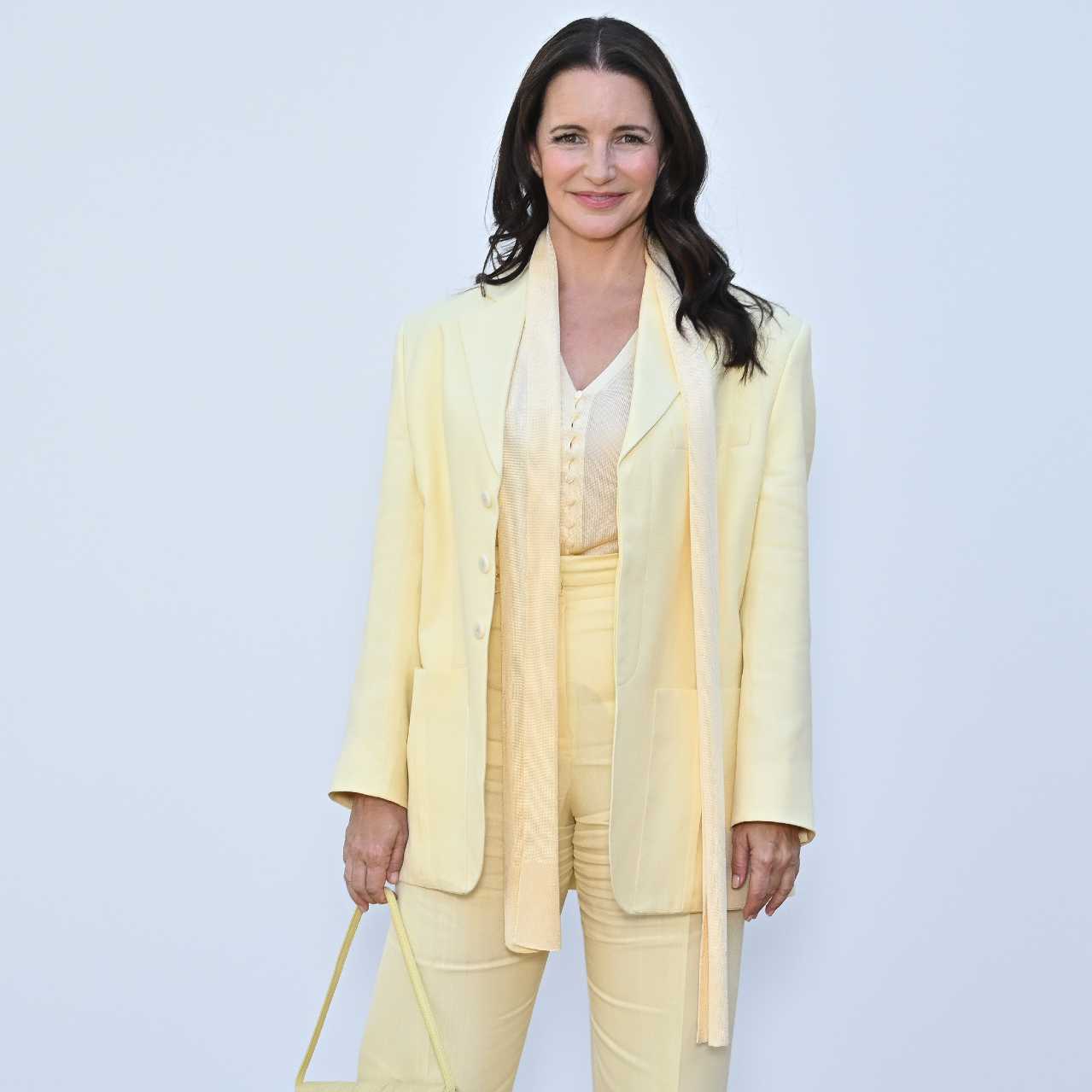 Kristin Davis’s Blowout on 'The Today Show' Is So Charlotte-Coded
Kristin Davis’s Blowout on 'The Today Show' Is So Charlotte-CodedSassy, chic, and perfect for spring.
By Ariel Baker Published
-
 Jenna Ortega Does Grungy Glam Right With '90s-Inspired Hair and Makeup
Jenna Ortega Does Grungy Glam Right With '90s-Inspired Hair and MakeupThe actress was spotted in peak ‘90s-inspired glam.
By Ariel Baker Published
